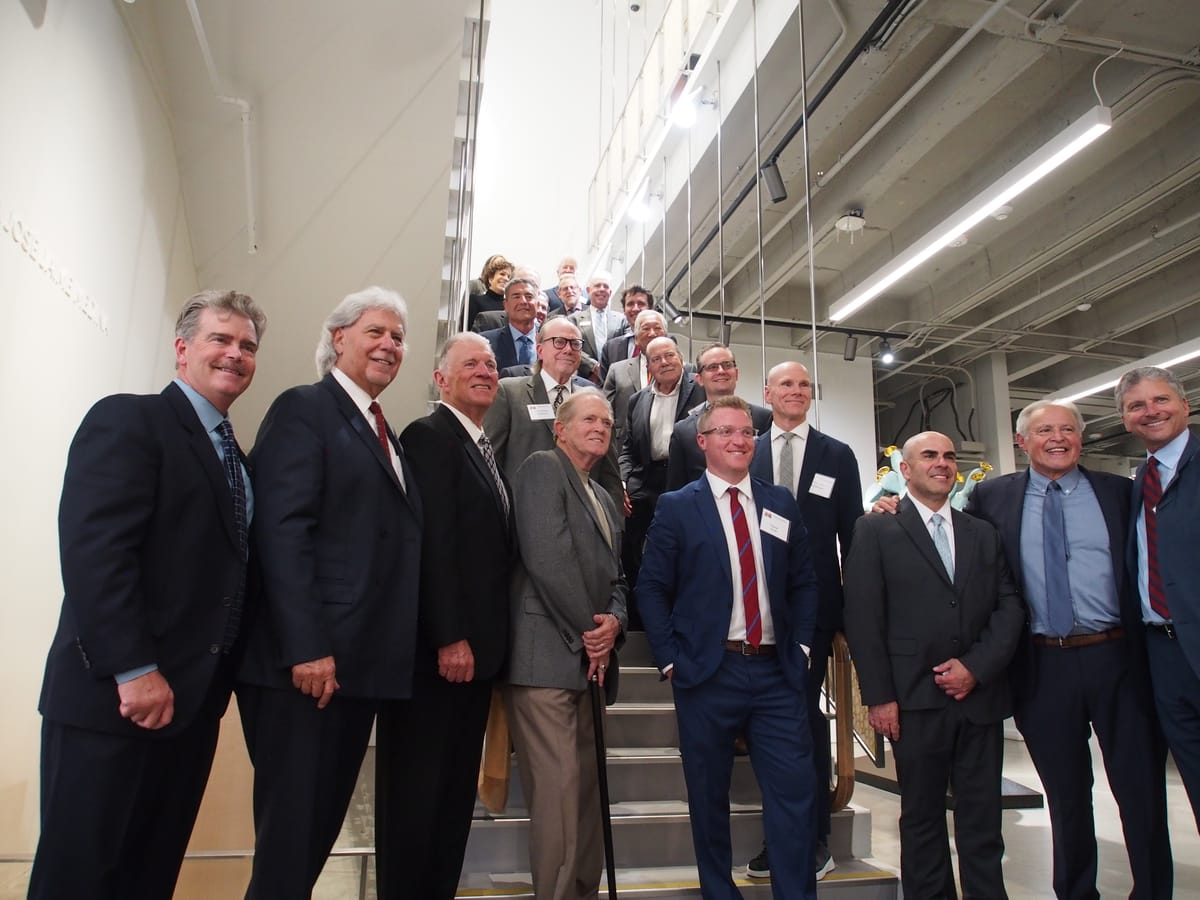
Good morning,
It's Oct. 19th, at the true end of the legislative session. Gov. Gavin Newsom signed—or vetoed—every bill that made its way to his desk this week. I've written a story on two of the bills, and am syndicating on articles on many other bills.
Californians misled by unethical legal advertising can now sue the offending law firm.
Gov. Gavin Newsom signed Sen. Tom Umberg’s (D-Santa Ana) Senate Bill 37 on Oct. 11. The new law updates the definition of misleading advertising, and allows individuals who are misled to bring their own suit. Previously, enforcement of ethical rules could only be brought by the State Bar of California. Misleading legal advertising now explicitly includes saying that the attorney “brought a billion dollar lawsuit,” that the attorney can get quick settlements or immediate cash, misleading phrases about a lawyers’ skills and experience, and awards or recognitions which the lawyers pays a company to publicize. A full list of definitions is included in the bill. The bill also gives a right to sue non-attorneys who solicit clients and then sell their case to attorneys.
Jake Haro pleads guilty to murder of baby son
Jake Mitchell Haro plead guilty of murdering his baby Emmanuel, making a false police report in which he claimed the baby was abducted and assaulting his child, resulting in death. Haro pleaded guilty directly to Riverside Superior Judge Gary Polk on Oct. 16, without making a plea deal with the Riverside District Attorney’s Office. Sentencing is scheduled for Nov. 3. Rebecca Haro, Jake’s spouse and co-defendant, still faces a felony murder charge and a misdemeanor false police report charge.
Jake had pleaded guilty to physical abuse of his daughter on June 8, 2023.
Attorneys form rapid response team to defend judges
An association of elite attorneys will provide public responses on behalf of judges unfairly criticized. Daniel Kruid described the new team’s mission at the Oct. 15 Judge’s Night hosted by the San Bernardino-Riverside Chapter of the American Board of Trial Advocates (ABOTA). Kruid, the chapter president, said protecting the judiciary is a main goal of the organization.
Pretrial defendant beaten by inmates sues Riverside County
A man beaten by two inmates in the John J. Benoit Detention Center filed suit against Riverside Sheriff Chad Bianco, the Riverside Sheriff’s Department and Riverside County on Oct. 14.
California’s incarcerated firefighters to see ‘historic’ pay increase in laws Newsom signed
The wage increase, funded through the state budget, follows years of advocacy to improve pay and working conditions for incarcerated labor. That effort took on a new urgency after hundreds of incarcerated firefighters were deployed to battle deadly wildfires that hit Los Angeles in January.
New California law forces chatbots to protect kids’ mental health

Under SB 243, companies that offer chatbots, such as OpenAI’s ChatGPT, would be required to institute specific safeguards.
Think your kid’s done with a booster seat? New California law says maybe not
Beginning in 2027, children from 8 to 16 years old will have to pass a five-step test to be considered properly restrained by a seat belt under California law.
Newsom signs controversial bill letting relatives care for kids if parents are deported
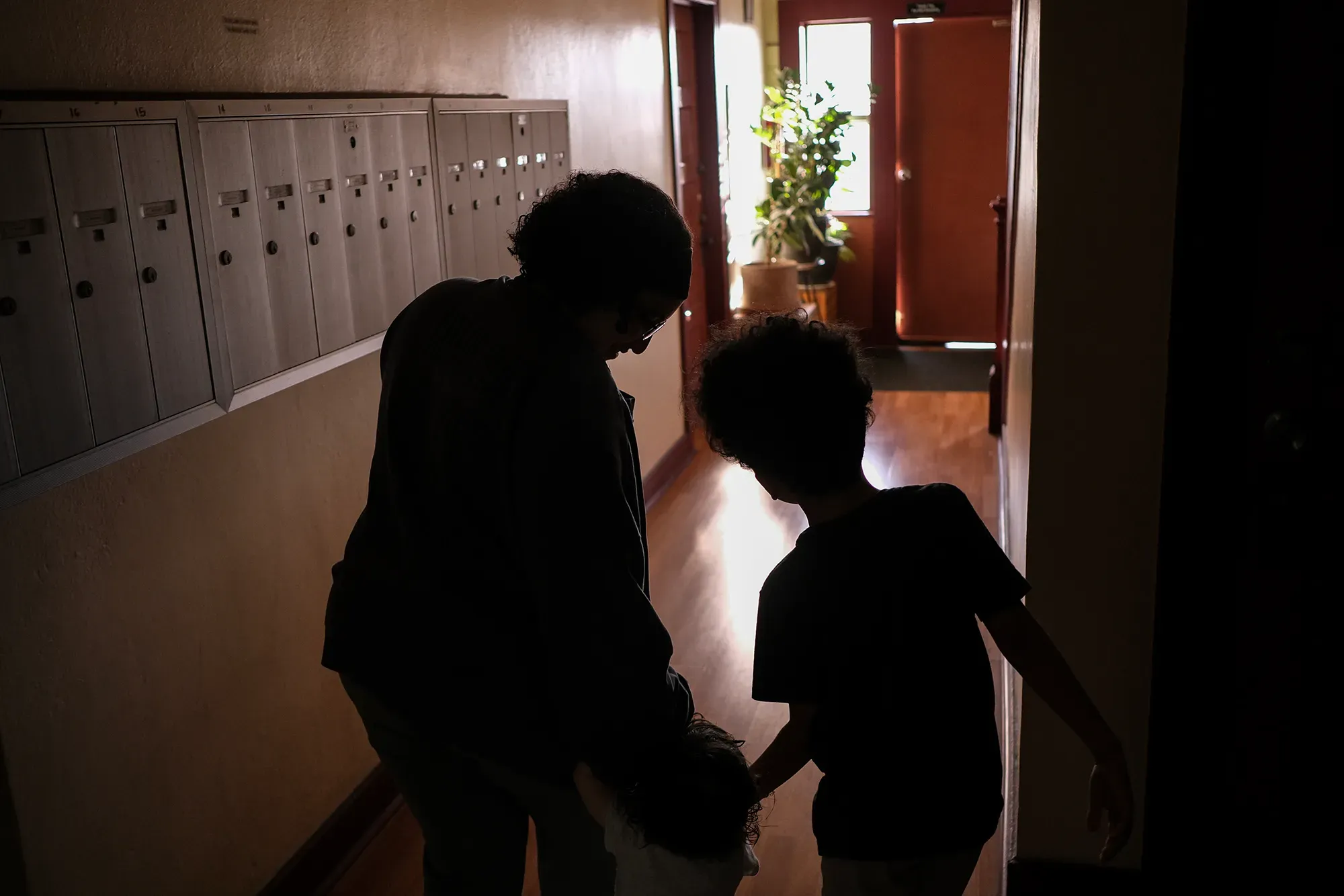
Gov. Gavin Newsom on Sunday signed a bill allowing a broad range of relatives to step in as children’s caregivers if their parents are deported, a measure that had provoked a firestorm of conservative criticism.
After CalMatters report, Newsom signs law forcing lawmakers to disclose their new jobs
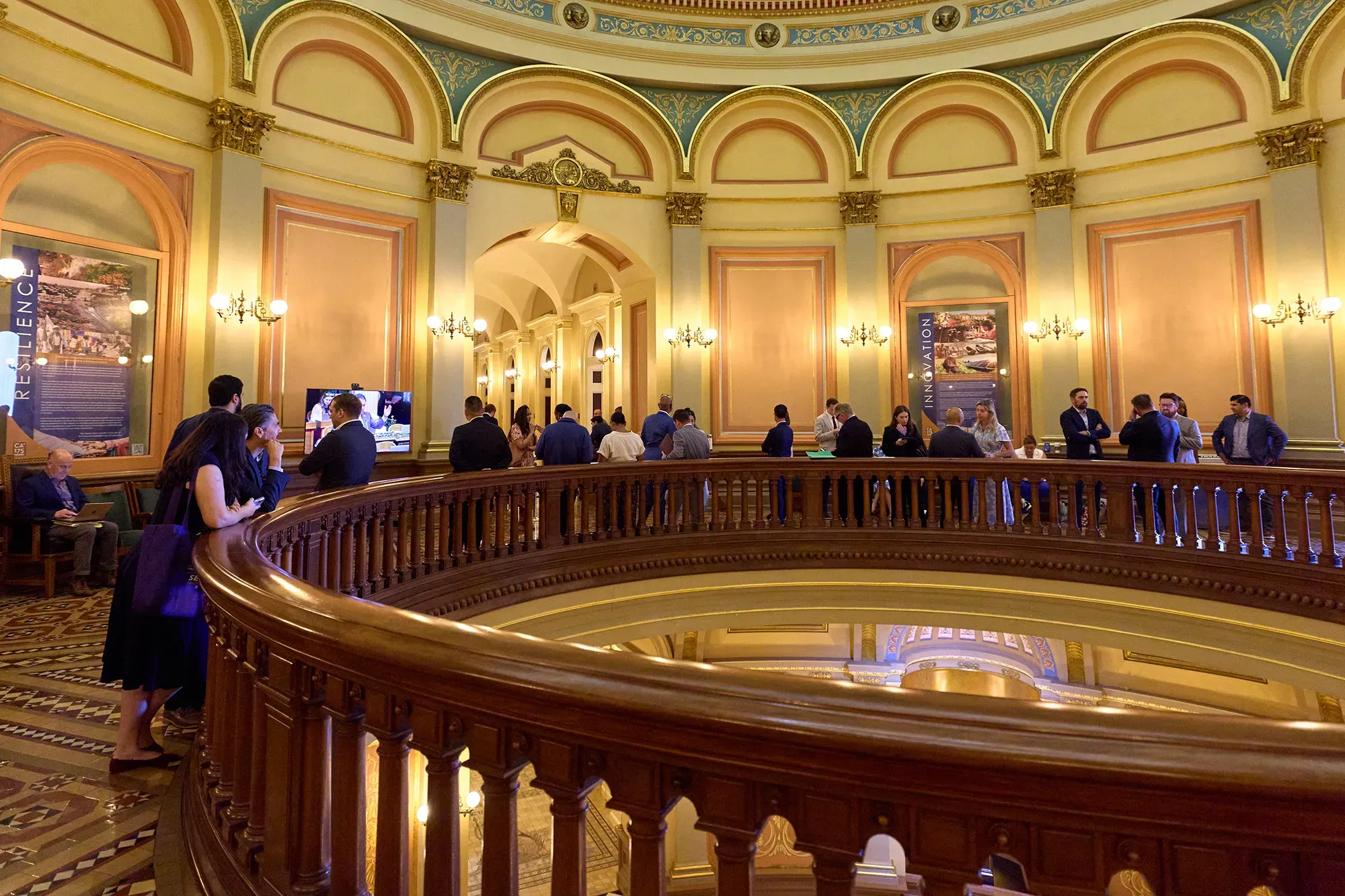
California’s elected and appointed officials will now have to tell the public when they’ve accepted a job offer from a new employer that might seek favors from them while they’re still in a position of power.
New law protects CA’s homelessness aid workers
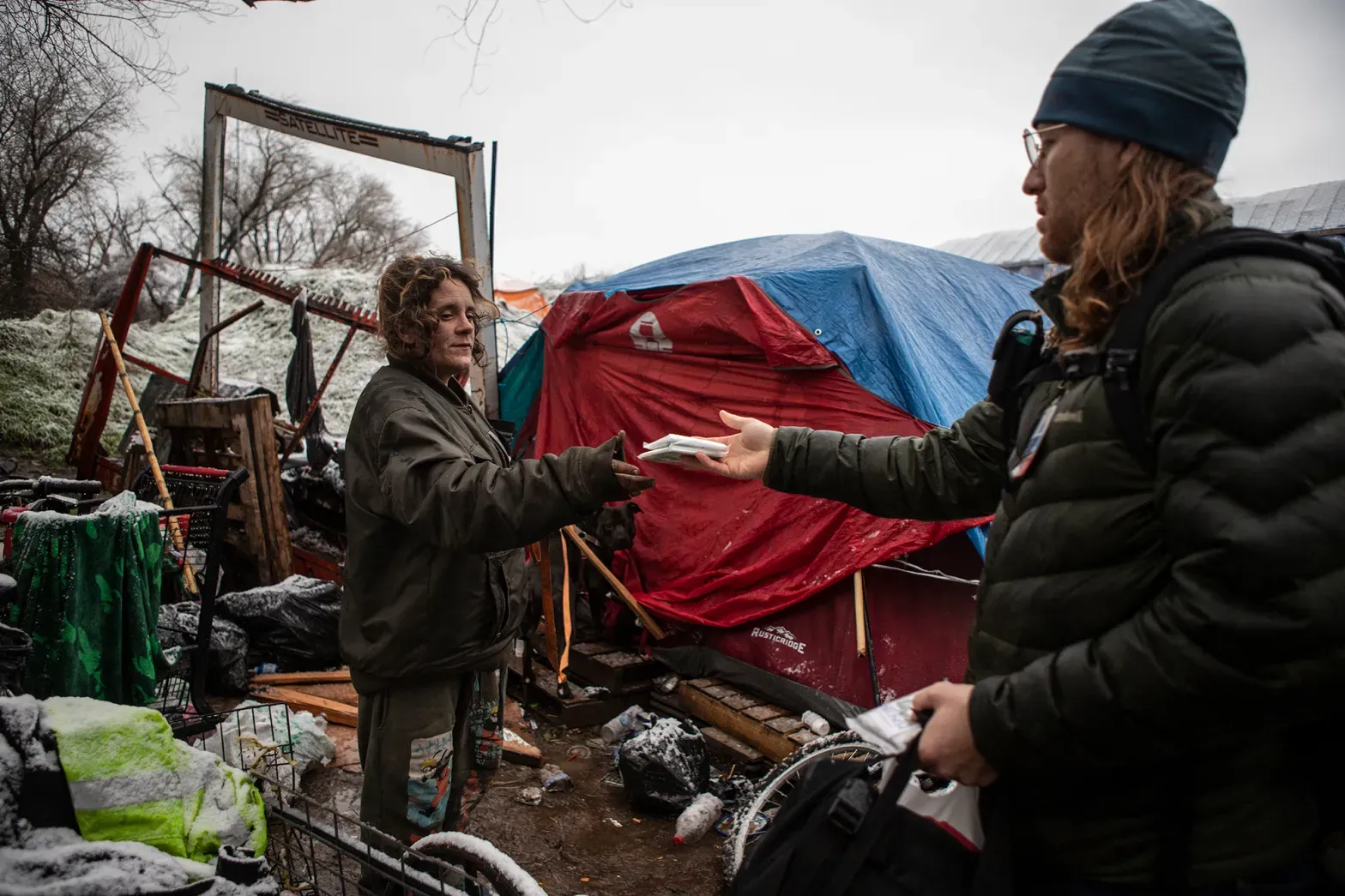
California cities cannot punish outreach workers for helping people who sleep on the street — even if those people live in an illegal encampment — under the terms of a new law signed by Gov. Gavin Newsom this month.
San Bernardino County remained opposed to Pérez’s bill, saying it will “override local authority and restrict enforcement tools that cities and counties use to promote public safety.”
California’s Prop. 36 promised ‘mass treatment’ for defendants. A new study shows how it’s going
It’s been nearly a year since Californians overwhelmingly approved Proposition 36, a tough-on-crime measure providing what backers called “mass treatment” for those facing certain drug charges. But few defendants have found a clear path to recovery under the law, according to new data released by the state.
California hospitals are suing over the state’s efforts to curb their spending

California hospitals filed a lawsuit against a state health regulator Wednesday, seeking to block rules meant to keep consumer health care costs from growing too quickly.
Newsom veto stalls California’s push to curb charter school fraud
Six years after the operators of A3 charter schools were indicted for stealing more than $400 million in public funds, lawmakers had hoped to pass sweeping reforms aimed at preventing similar schemes.
Commentary
When government websites become campaign tools: Blaming the shutdown on Democrats has legal and political risks
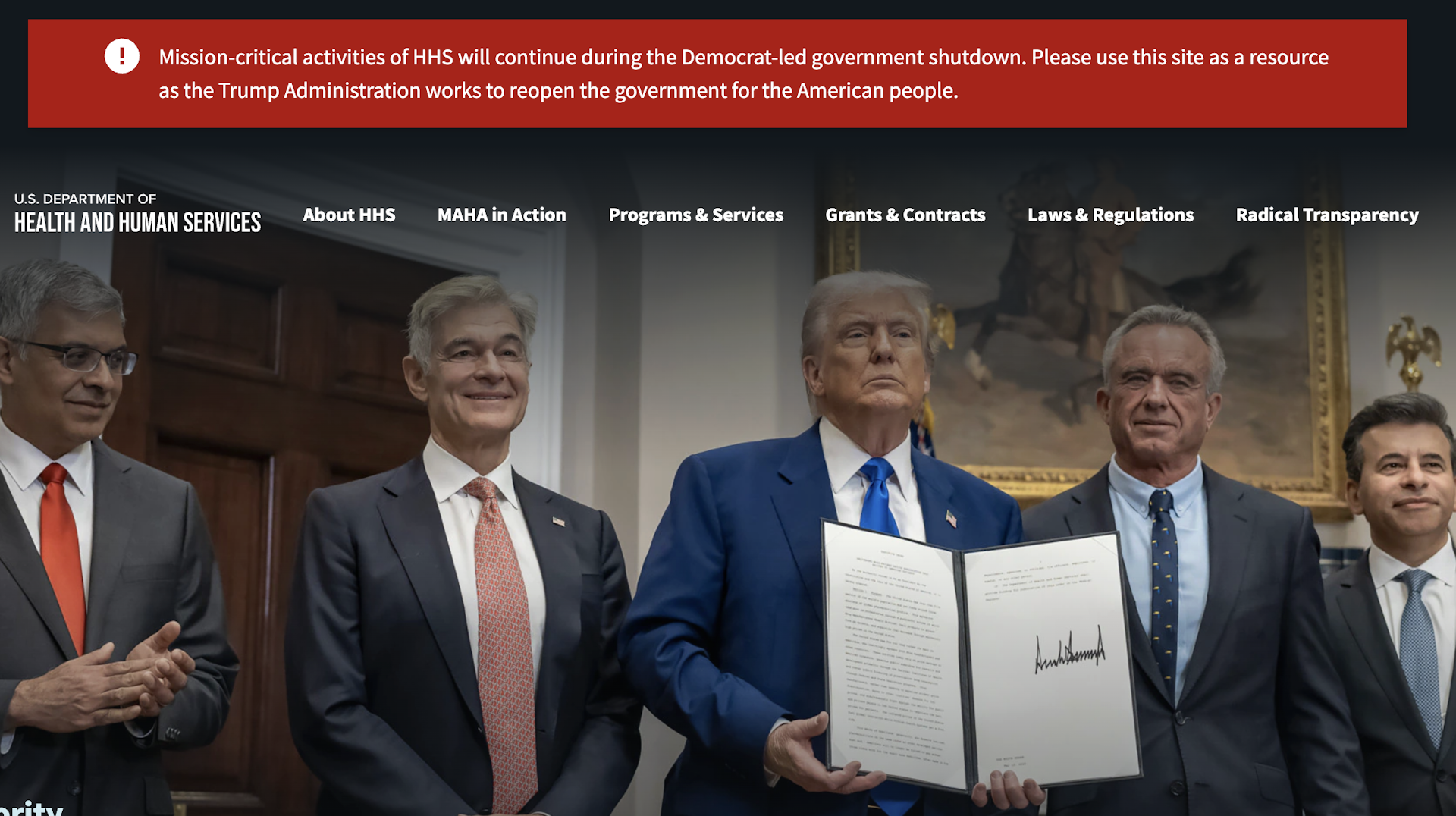
From Stephanie A. (Sam) Martin, Frank and Bethine Church Endowed Chair of Public Affairs, Boise State University:
The Department of Education, according to a lawsuit, altered employees’ email auto-responses – without consent – to say things like “the Democrats have shut the government down.” Such changes do more than convey impartial information. They compel employees to align themselves with institutionally imposed scripts.
Supreme Court redistricting ruling could upend decades of voting rights law – and tilt the balance of power in Washington
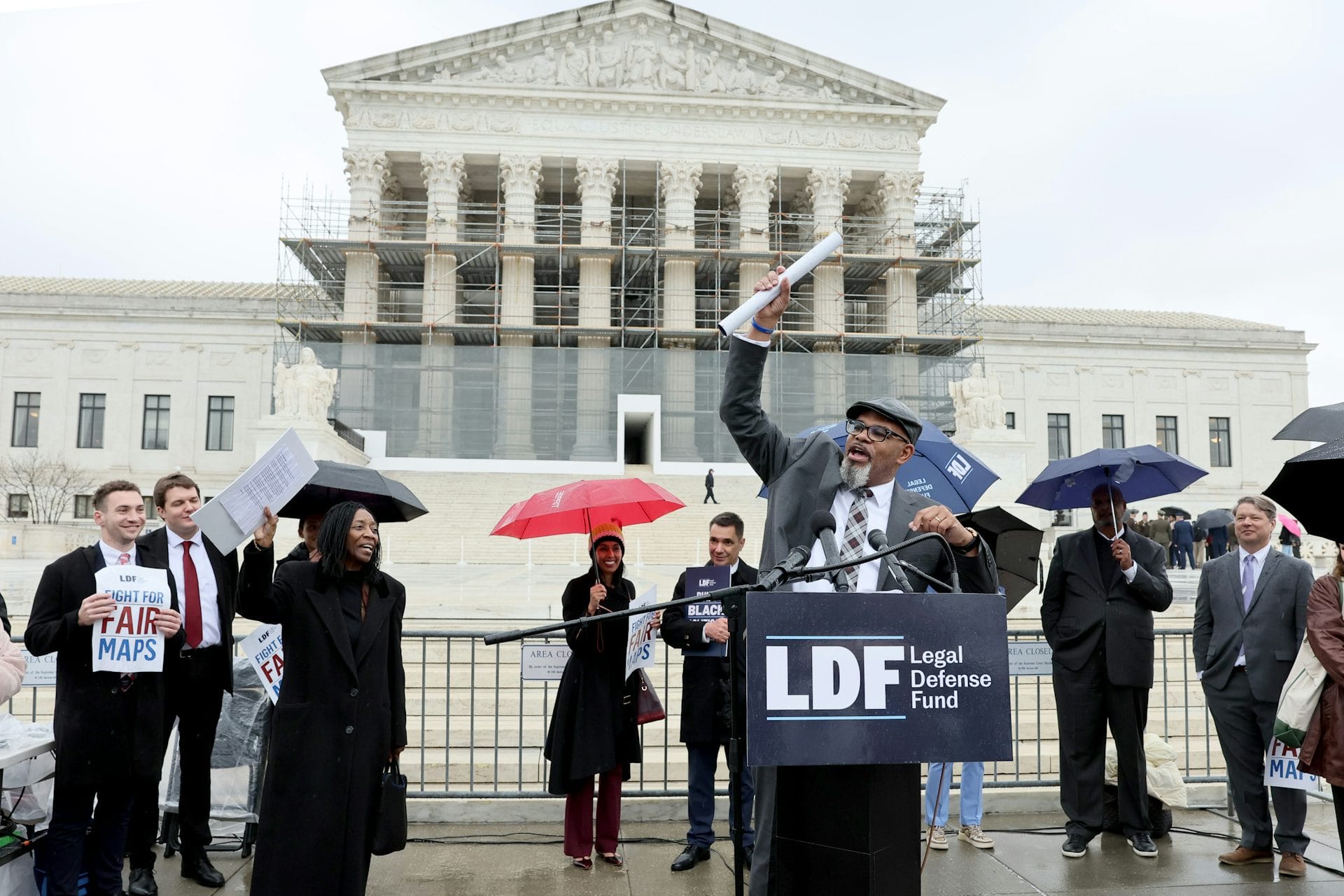
Sam D. Hayes, Assistant professor of politics and policy, Simmons University:
On Oct. 15, 2025, the Supreme Court hears oral arguments in one of the most anticipated cases of the 2025-2026 term, Louisiana v. Callais, with major implications for the Voting Rights Act, racial representation and Democratic Party power in congress.
Supreme Court opens with cases on voting rights, tariffs, gender identity and campaign finance to test the limits of a constitutional revolution
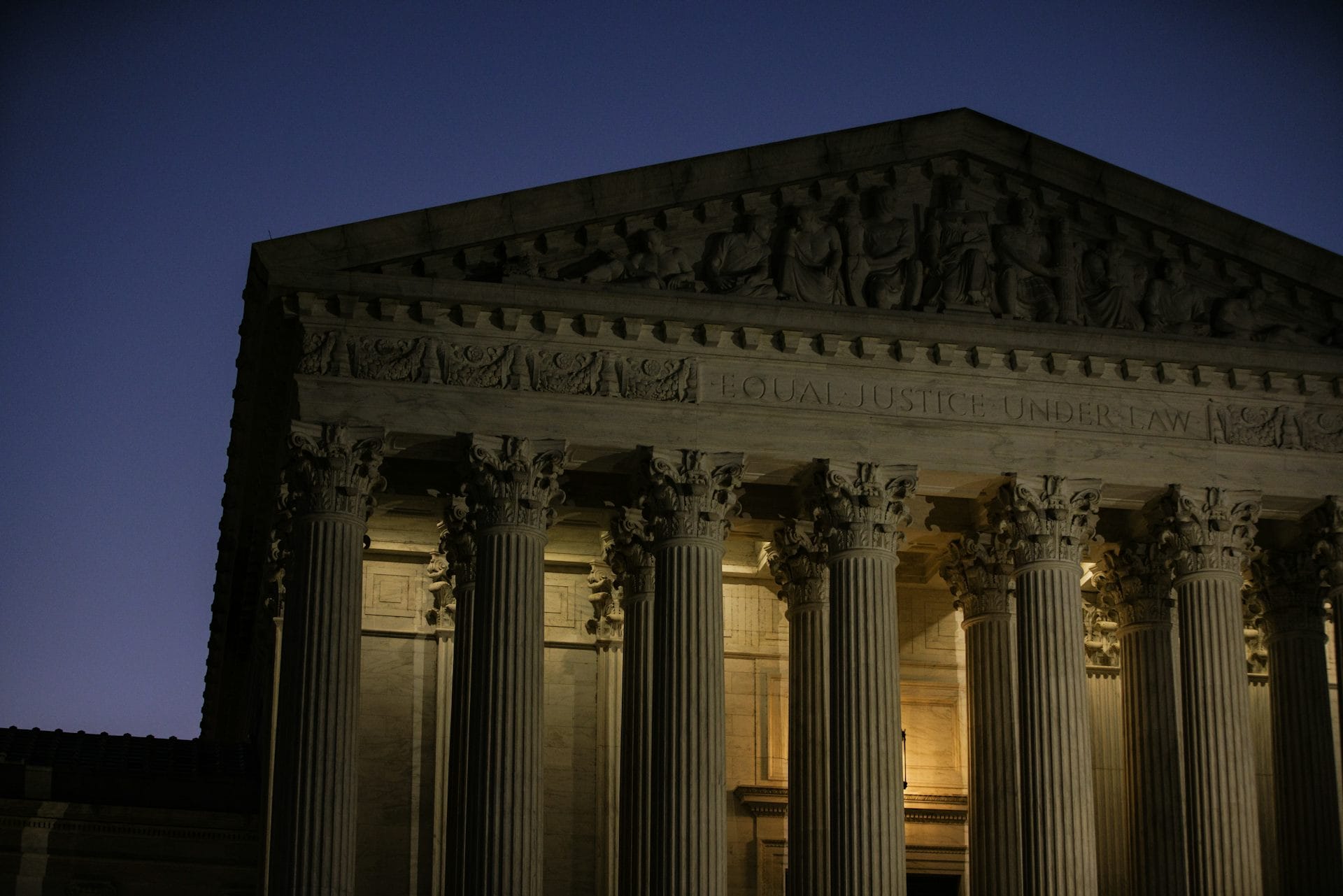
Morgan Marietta, Professor of American Civics, University of Tennessee:
The most influential cases before the U.S. Supreme Court this term, which begins on Oct. 6, 2025, reflect the cultural and partisan clashes of American politics.
The major cases in October and November address the role of race in elections, conversion therapy and the Trump tariffs. Later cases include campaign finance and transgender sports.
News from around the web
 The Palm Springs PostMark Talkington
The Palm Springs PostMark Talkington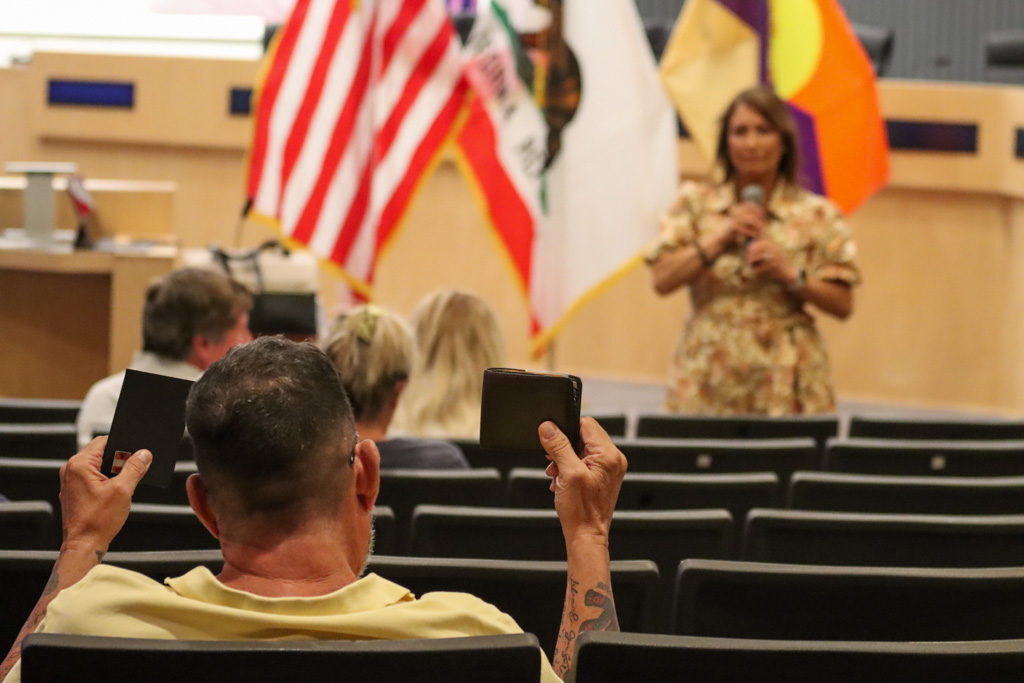
 The Riverside RecordAlicia Ramirez
The Riverside RecordAlicia Ramirez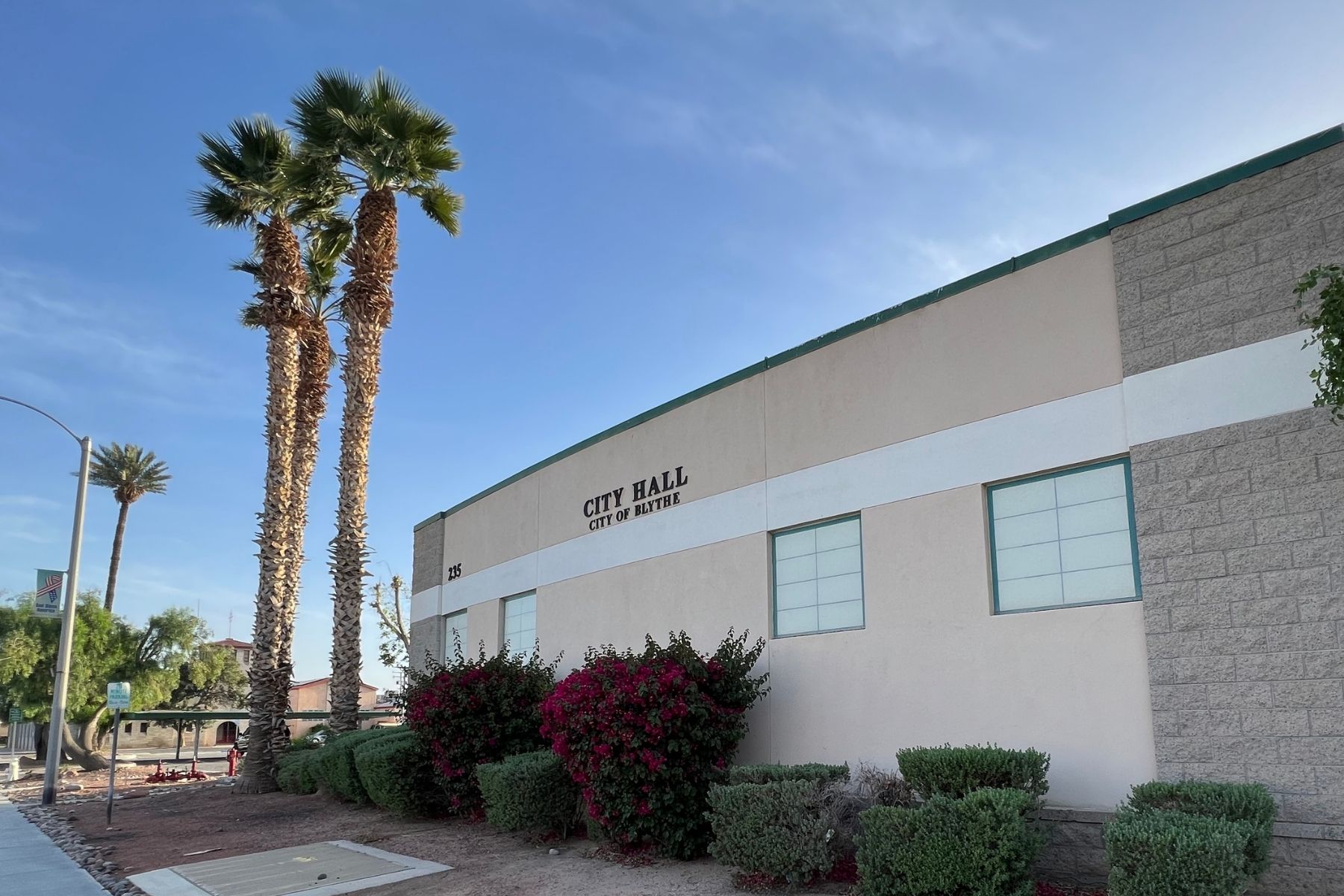
 Press Enterprisegqlshare
Press Enterprisegqlshare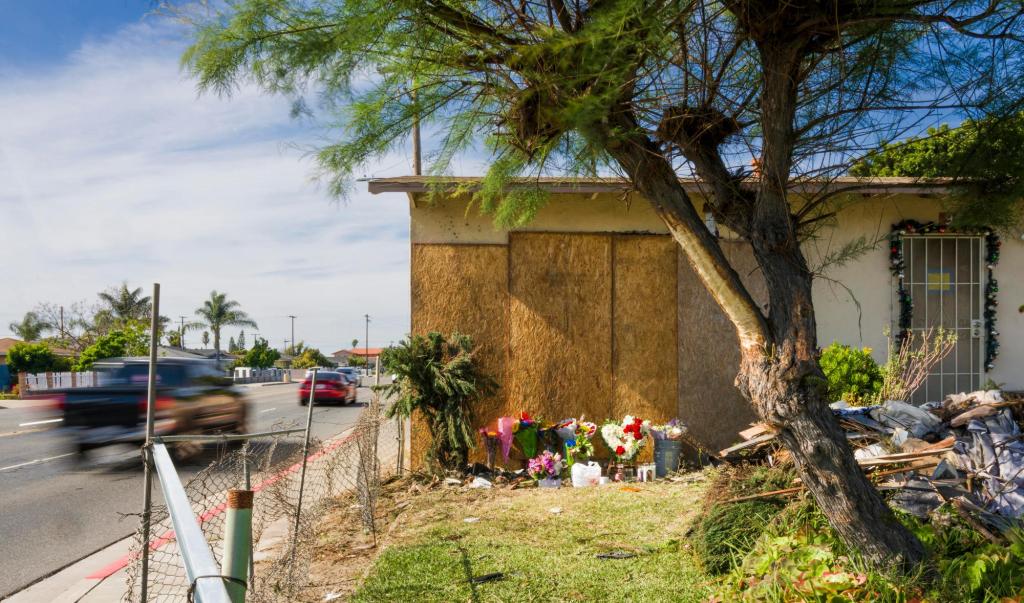
 Community Forward Redlands NewsCommunity Forward Redlands
Community Forward Redlands NewsCommunity Forward Redlands
 Press Enterprisegqlshare
Press Enterprisegqlshare
 AP NewsAMY TAXIN
AP NewsAMY TAXIN
 ABC7 Los Angeles
ABC7 Los Angeles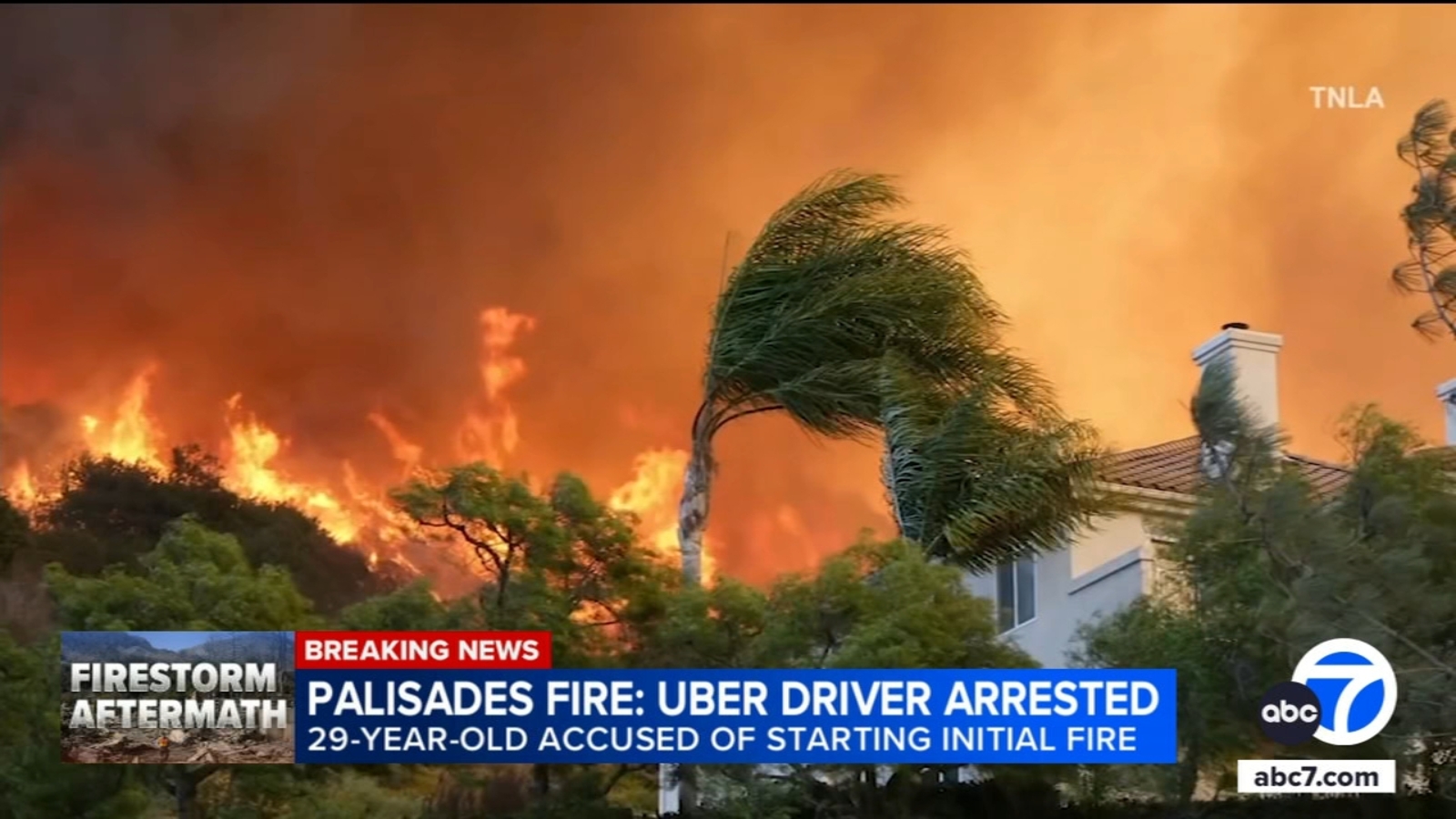
 San Francisco ChronicleAmy DiPierro
San Francisco ChronicleAmy DiPierro
 The Harvard Crimson
The Harvard Crimson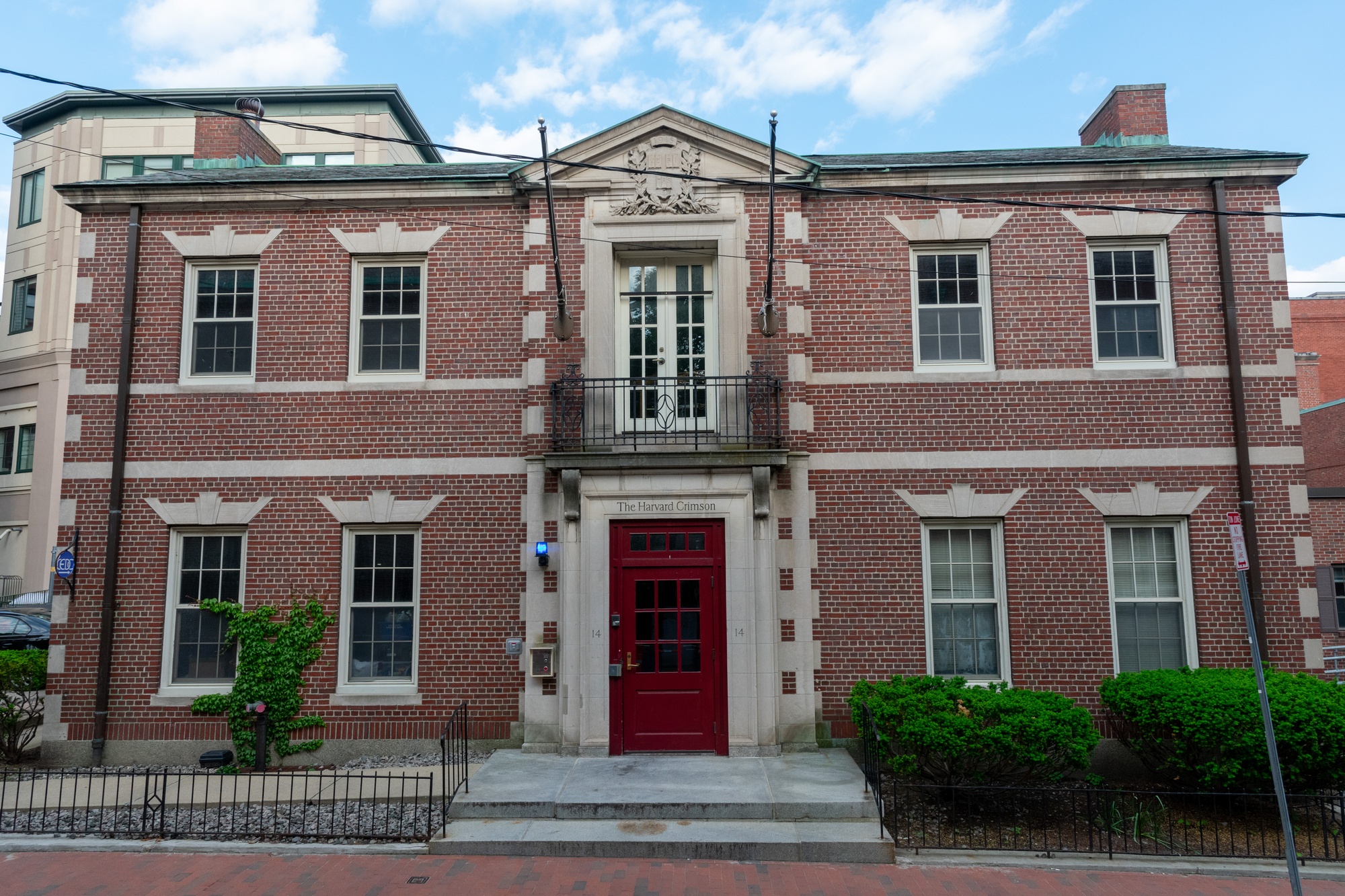
 NBC NewsMirna Alsharif
NBC NewsMirna Alsharif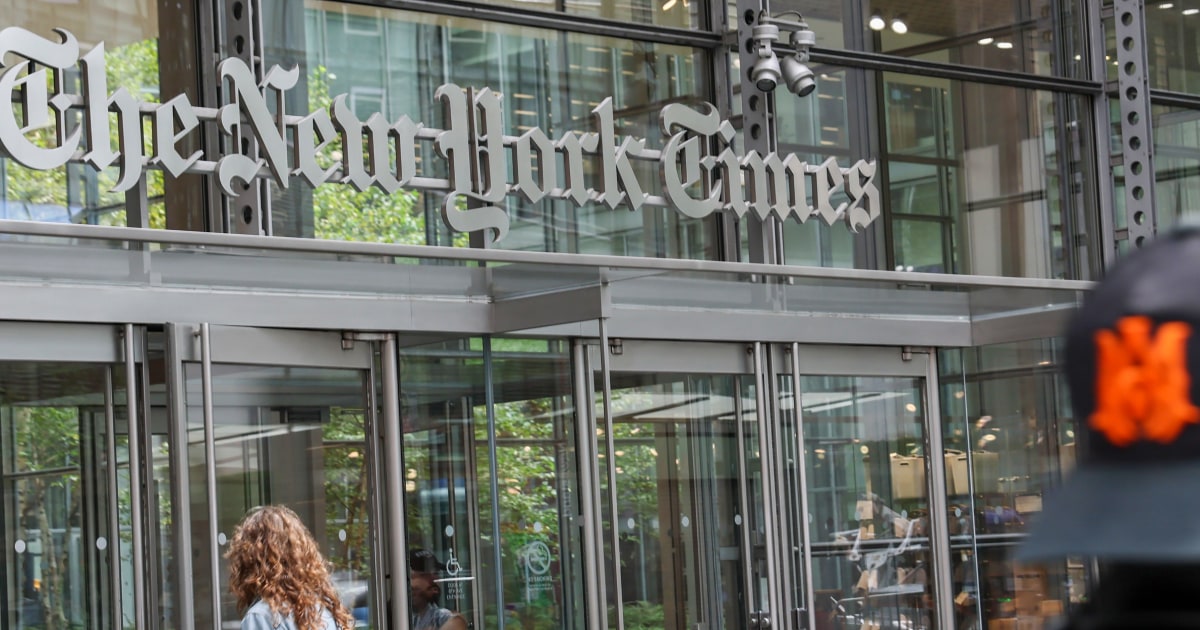
 CBS NewsMark Prussin Digital Producer, CBS New York
CBS NewsMark Prussin Digital Producer, CBS New York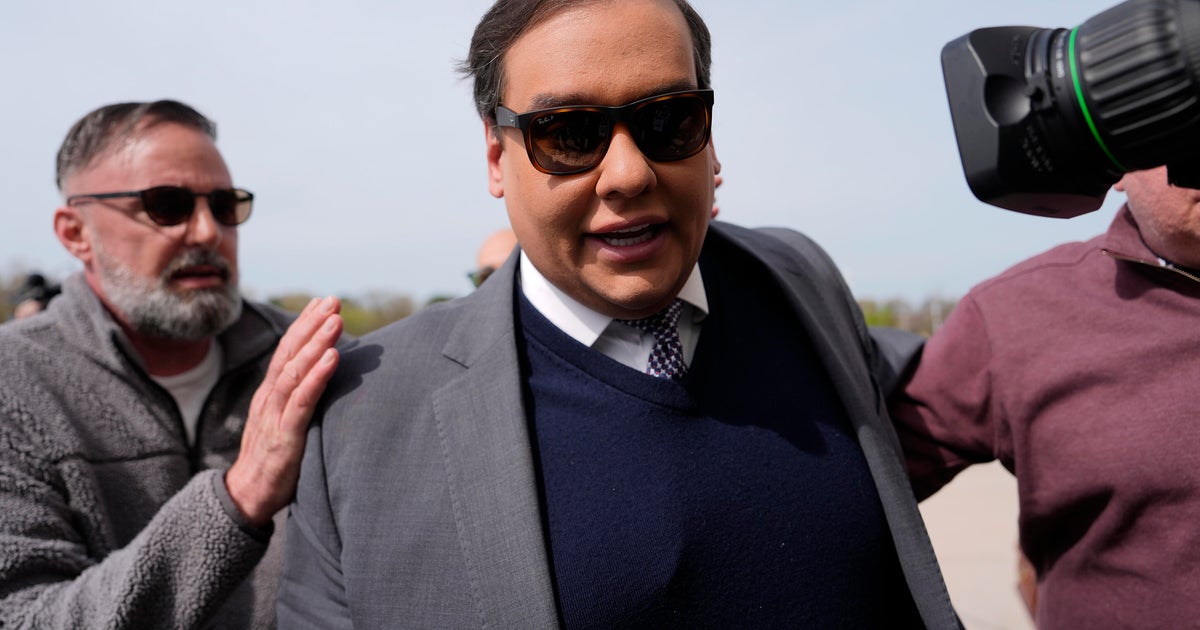
 Yahoo NewsMSNBC
Yahoo NewsMSNBC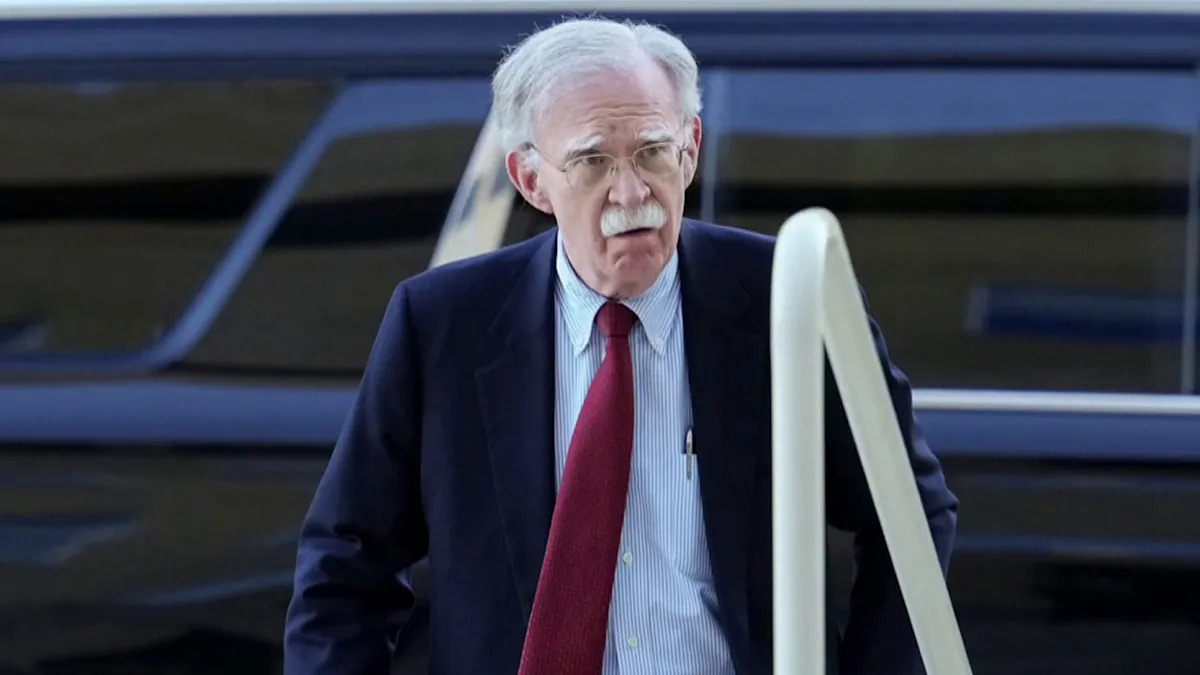
 CBS News
CBS News

